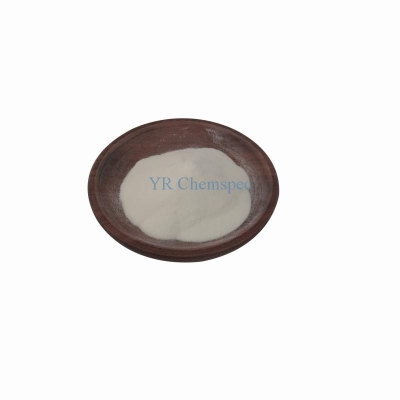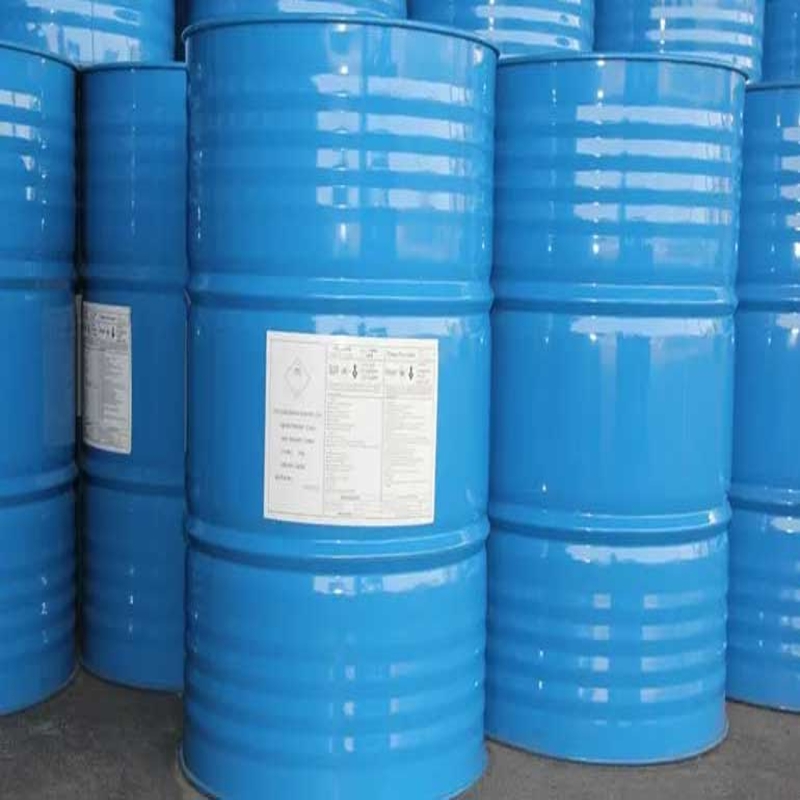-
Categories
-
Pharmaceutical Intermediates
-
Active Pharmaceutical Ingredients
-
Food Additives
- Industrial Coatings
- Agrochemicals
- Dyes and Pigments
- Surfactant
- Flavors and Fragrances
- Chemical Reagents
- Catalyst and Auxiliary
- Natural Products
- Inorganic Chemistry
-
Organic Chemistry
-
Biochemical Engineering
- Analytical Chemistry
-
Cosmetic Ingredient
- Water Treatment Chemical
-
Pharmaceutical Intermediates
Promotion
ECHEMI Mall
Wholesale
Weekly Price
Exhibition
News
-
Trade Service
On December 26, according to Japanese media reports, Panasonic will invest 50 billion yen to build an automotive lithium battery plant in Dalian, China, which will produce rectangular batteries for electric vehicles and plug-in hybrids, and Panasonic will build a plant with Chinese partners and put into production
in 2017.
It is understood that Panasonic already has a factory in China to manufacture personal computer batteries, and the new factory will be Panasonic's first factory
dedicated to the production of electric vehicle batteries.
The batteries produced at the plant can power 200,000 electric cars a year
.
China is developing eco-friendly cars, including electric cars, and air pollution has plagued many of its cities
.
Panasonic, the world's largest producer of lithium batteries for electric vehicles, has partnered with Tesla Inc.
to build a lithium battery factory
in the United States.
By transferring production capacity to China, Panasonic hopes to consolidate its presence
in two key markets, China and the United States.
Since 2013, investment by Japanese companies in China has begun to decline, with disputes between countries being partly the reason
.
The situation has improved this year, with Itochu already deciding to inject 600 billion yen into China International Trust and Investment Corporation and Japanese automakers deciding to invest 50 billion to 60 billion yen to expand manufacturing plants
in China.
Panasonic's investment is attracting attention mainly because it is not a car manufacturer
.
In the United States, Panasonic and Tesla invested $5 billion to build lithium battery factories, which will start production
next year.
By 2020, the batteries produced at the plant will be enough to power 500,000 electric vehicles
.
On December 26, according to Japanese media reports, Panasonic will invest 50 billion yen to build an automotive lithium battery plant in Dalian, China, which will produce rectangular batteries for electric vehicles and plug-in hybrids, and Panasonic will build a plant with Chinese partners and put into production
in 2017.
It is understood that Panasonic already has a factory in China to manufacture personal computer batteries, and the new factory will be Panasonic's first factory
dedicated to the production of electric vehicle batteries.
The batteries produced at the plant can power 200,000 electric cars a year
.
China is developing eco-friendly cars, including electric cars, and air pollution has plagued many of its cities
.
Panasonic, the world's largest producer of lithium batteries for electric vehicles, has partnered with Tesla Inc.
to build a lithium battery factory
in the United States.
By transferring production capacity to China, Panasonic hopes to consolidate its presence
in two key markets, China and the United States.
Since 2013, investment by Japanese companies in China has begun to decline, with disputes between countries being partly the reason
.
The situation has improved this year, with Itochu already deciding to inject 600 billion yen into China International Trust and Investment Corporation and Japanese automakers deciding to invest 50 billion to 60 billion yen to expand manufacturing plants
in China.
Panasonic's investment is attracting attention mainly because it is not a car manufacturer
.
In the United States, Panasonic and Tesla invested $5 billion to build lithium battery factories, which will start production
next year.
By 2020, the batteries produced at the plant will be enough to power 500,000 electric vehicles
.







